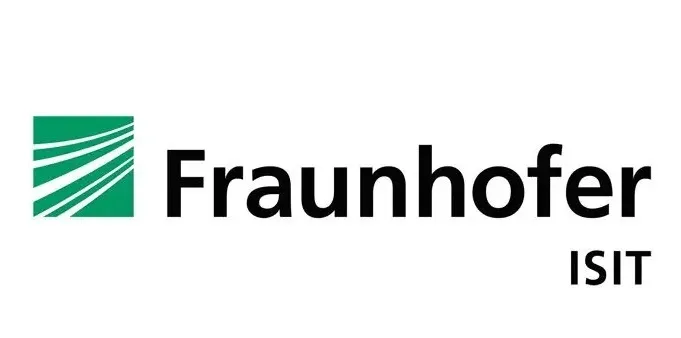Fraunhofer Institute produces efficient solar cell 'recycling' process
- The organization claims that in the first trial, the solar cell conversion performance was 19.7%.
- Currently it is feasible to recycle all crystalline silicon PV modules, regardless of just how they were manufactured and what's their beginning

Of what could be a major breakthrough for the PV recycling sector, the Fraunhofer Center for Silicon Photovoltaics CSP in Germany has created a solution to recycle PV modules on an industrial scale as well as reuse the silicon to create new PERC solar cells. The establishment has created this in close cooperation with Fraunhofer Institute for Solar Energy Systems ISE and Reiling GmbH & Co. KG. Reiling is the biggest German recycling business for PV modules.
While doing so, solar cell fragments are divided and also accumulated from by-products of the mechanical recycling procedure which is currently established. The cell fragments with sizes from 0.1 to 1 millimeter are first freed from the glass and also plastic by different sorting processes used by Fraunhofer CSP.
After that, detailed removal of the behind get in touch with, silver get in touches with, anti-reflective layer and also emitter by wet chemical etching is performed in an advanced way. The silicon is therefore removed. The metal cleaned up is then exchanged monocrystalline or quasi-monocrystalline ingots in basic processes. They are after that converted into wafers.
This formation is accomplished with completely recycled silicon. There is no application of industrial ultrapure silicon. The wafers produced from the recycled silicon are produced into PERC solar cells.
Fraunhofer CSP says that with this procedure, it is possible to recycle all crystalline silicon PV modules, regardless of exactly how they were produced and what's their beginning. Today, PV recycling is mainly regarding plugging disposed of modules into the reprocessing streams for light weight aluminum, copper as well as glass. Silicon is one of the most used steel in the manufacturing of the solar cells and they continue to be at range from recycling. Now the German researchers claim that they are ready to transform this formula.
Dr. Peter Dold, Project Manager at Fraunhofer CSP, says "If this were not the instance, after that this would certainly be much too much work for the recycling firms. It was very important for us to establish a scalable procedure that makes economic feeling. A lot is feasible in the lab, however our brand-new process ought to confirm itself in the method for the recycling market."
The institution claims that in the first test, the solar cell conversion effectiveness was 19.7%. Dr. Dold says, "This is below the efficiency these days's premium PERC solar cells, which have an efficiency of around 22.2 percent, but it is absolutely way above that of the solar cells in the old, discarded modules." The approach has actually caused enormous assumptions regarding the circular economic situation is concerned.
Researchers call it a prompt advancement for the world and also Germany specifically. In Germany, a lot of PV systems were set up in the duration of 2009-- 2011 when the first wave of PV growth occurred. Concerning 10,000 tons of silicon in disposed of PV modules end up in the recycling market yearly in Germany today. Industry professionals claim that this scrap will rise to a number of hundred thousand tons annually by the end of this decade.
"It is needed to develop sufficient procedures and treatments for recuperating the silicon product from the thrown out modules at an onset," includes Dr. Andreas Bett, Institute Supervisor of Fraunhofer ISE.
Also read

